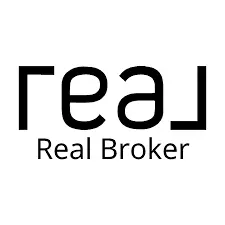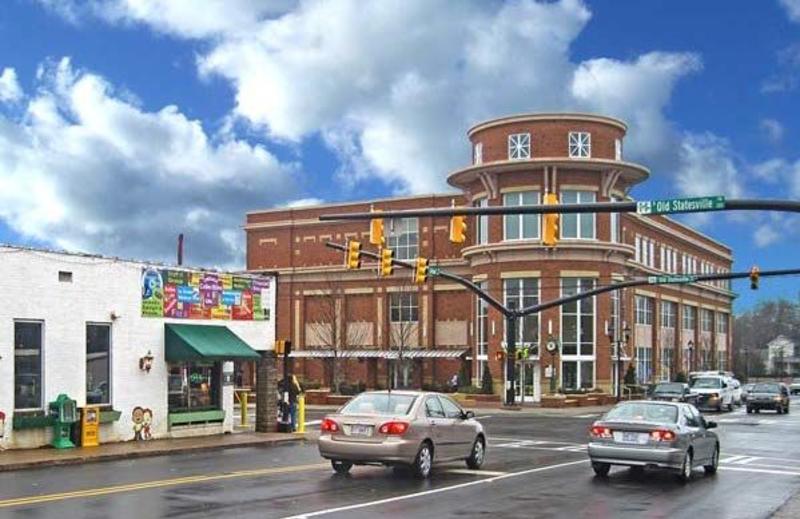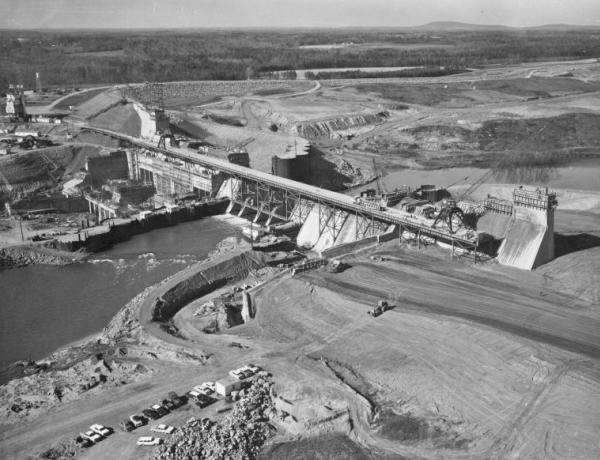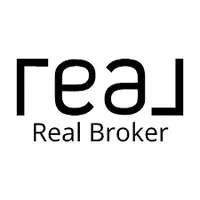Homeowners Associations and Your Real Estate Investment: What to Consider

Homeowners Associations and Your Real Estate Investment: What to Consider
As a REALTOR® in North Carolina, I’ve worked with countless buyers who have questions about Homeowners Associations (HOAs). Whether you're considering a home in the Triangle area (Raleigh, Durham, and Chapel Hill), the Charlotte metro, or the scenic mountains in the west, understanding how an HOA functions can be key to making the right choice for your next home.

HOAs are common in many residential neighborhoods, offering a set of rules, services, and community management. But, like anything in real estate, they come with their pros and cons. In this article, I’ll walk you through both sides of living in an HOA community, so you can make an informed decision about whether an HOA is right for you. Plus, I’ll share how I can be your trusted resource for all things real estate, whether it’s about HOA rules, local amenities, or market trends in your area of interest.
What is a Homeowners Association (HOA)?
A Homeowners Association (HOA) is a governing body established within a residential community. It is typically made up of residents who manage and enforce the community’s rules and regulations. The HOA collects fees from homeowners to cover the cost of maintaining shared spaces (such as parks, landscaping, and amenities) and to uphold the appearance and overall quality of the neighborhood.
In North Carolina, many neighborhoods—especially in cities like Charlotte, Raleigh, and Asheville—are governed by HOAs. But is living in an HOA community the right choice for you? Let’s take a closer look at the pros and cons of living in a community with an HOA.
Pros of Living in an HOA Community
- Enhanced Property Values One of the biggest advantages of living in an HOA community is that it helps protect the value of your home. HOAs enforce rules and guidelines that keep the neighborhood looking attractive, well-maintained, and uniform. This can be particularly beneficial in neighborhoods like Ballantyne in Charlotte or North Raleigh, where curb appeal is important for maintaining property values over time. If you plan to sell your home in the future, you may find that homes in HOA communities tend to retain value better because of the consistent upkeep and aesthetic quality of the neighborhood.
- Community Amenities Many HOA communities offer fantastic amenities such as swimming pools, fitness centers, clubhouses, and walking trails. If you’re someone who enjoys having access to such amenities without having to maintain them yourself, an HOA community can be a great option. In suburban areas like Cary or Huntersville, HOA communities may even include recreational areas, tennis courts, or playgrounds for families.
- Maintenance of Common Areas Another great benefit of HOAs is that they take care of the maintenance of common areas like parks, landscaping, and roads within the community. For homeowners in Raleigh or Charlotte, this can mean that you never have to worry about the upkeep of shared spaces or paying extra for landscaping services. This is especially attractive if you prefer to spend your weekends enjoying local attractions or relaxing at home, rather than doing yard work or community clean-ups.
- Consistency and Appearance HOAs typically have rules regarding the appearance of homes in the neighborhood—such as restrictions on home color, fence types, and lawn care. While these rules might feel restrictive to some, they help maintain a uniform and pleasing aesthetic across the community. For people who enjoy living in a neighborhood that looks cohesive and well-kept, an HOA can provide peace of mind. In upscale areas like Biltmore Forest near Asheville or SouthPark in Charlotte, these guidelines ensure that homes continue to complement one another, keeping the community attractive.
- Increased Security Some HOA communities, especially those in gated or semi-gated areas, provide an extra level of security. These neighborhoods may have security guards, surveillance cameras, or controlled access to increase safety and provide residents with peace of mind. Communities like Lake Norman or Morrisville are popular in North Carolina for their added security measures, which can be appealing if you're looking for a sense of safety for your family or if you travel often and prefer a more secure environment.
Cons of Living in an HOA Community
- HOA Fees One of the main drawbacks of living in an HOA community is the monthly or annual fees that homeowners must pay. These fees can range from as little as $50 per month to as much as $500 or more, depending on the community and the amenities provided. In high-demand areas such as Uptown Charlotte or Chapel Hill, you may find that HOA fees are higher due to the maintenance of premium amenities. It’s important to factor these fees into your overall budget when purchasing a home.
- Restrictive Rules HOAs often impose strict rules on homeowners to ensure that the neighborhood maintains a certain appearance. While these rules are designed to protect property values, they can feel restrictive to some residents. For example, an HOA may have guidelines about what kind of fence you can install, whether you can paint your home a certain color, or even what kind of landscaping is allowed. If you like to make personal touches to your property, the restrictions in HOA communities might feel frustrating. Neighborhoods like Davidson or Wake Forest can be known for their HOA rules that some homeowners may find limiting.
- Enforcement of Rules While the rules and regulations in an HOA are generally meant to improve the neighborhood, they can sometimes feel overly enforced. If you violate a rule—whether it's parking in the wrong spot, leaving trash bins out too long, or neglecting your lawn—the HOA may issue fines or penalties. Some people find this level of oversight intrusive. If you're someone who values personal freedom in how you maintain your home, an HOA may not be the best fit for you. Communities in Chapel Hill or Carrboro may have more rigorous enforcement of HOA regulations, especially when it comes to exterior home modifications.
- Potential for Mismanagement Just like any organization, HOAs are only as good as the people managing them. Poor management can lead to financial issues, neglect of community spaces, or unaddressed resident concerns. If the HOA board isn’t effectively managing funds or maintaining amenities, homeowners may feel that their fees aren’t being spent wisely. In larger communities in Charlotte or Greensboro, where there are more residents and more amenities to manage, this can be a potential risk. Always do your due diligence and ask about the HOA’s financial standing before committing to a home in an HOA community.
- Lack of Privacy In an HOA community, rules that affect the appearance of homes and the use of your property can sometimes feel invasive. If you enjoy a high level of privacy or prefer to keep your home completely customizable, an HOA might not be ideal for you. Whether it’s enforcing rules about holiday decorations or prohibiting certain types of vehicles from being parked in driveways, HOA restrictions can limit your personal freedom. Some gated communities in cities like Raleigh or Asheville can impose more restrictive rules that impact your overall privacy.
Is an HOA Right for You?
Deciding whether to live in an HOA community comes down to your preferences and lifestyle. If you value community amenities, property upkeep, and uniform aesthetics, an HOA could be a great fit for you. However, if you prefer more freedom, privacy, and less regulation, a non-HOA neighborhood might be better suited to your needs.
As your trusted REALTOR® in North Carolina, I am here to help you understand the nuances of living in an HOA community and to answer any questions you may have about specific neighborhoods, HOAs, or the local real estate market. Whether you're interested in areas like Charlotte, Durham, Asheville, or Wilmington, I can help guide you through the process and find the home that fits your lifestyle.
Popular North Carolina Zip Codes
If you're looking for homes in North Carolina, here’s a list of key zip codes for some of the most desirable areas:
- Charlotte: 28202, 28203, 28205, 28207, 28209, 28269, 28262, 28213, 28216, 28214
- Huntersville: 28078
- Concord: 28025, 28026, 28027
- Davidson: 28036
- Cornelius: 28031
- Mooresville: 28115, 28117
Let’s Find Your Perfect Home in North Carolina
Choosing the right community is one of the most important decisions you’ll make when buying a home. Whether you’re interested in an HOA neighborhood or prefer a community with more flexibility, I am here to guide you through the process with expert advice and local knowledge.
If you have any questions about the pros and cons of living in an HOA or about specific neighborhoods, feel free to reach out.
FOR HOMES AVAILABLE IN THE ABOVE ZIP CODE(S) CLICK HERE
Categories
Recent Posts





:strip_icc()/person-cleaning-out-roof-gutter-a7d758c873274953bd00f9dfd35b665d.jpg)





